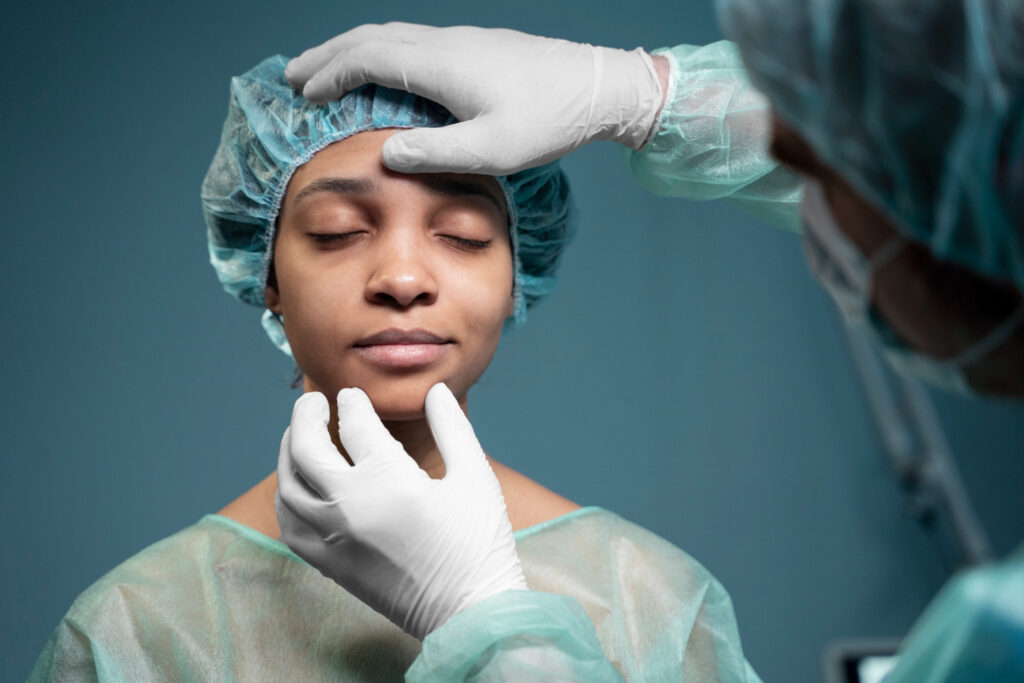When to consider facial plastic surgery
Facial plastic surgery can be an essential procedure because our facial expressions let us communicate correctly and interact with other people. Furthermore, our facial appearance has an impact on how others see us. While it is true that some would like to enhance parts of their face, others are born with facial anomalies such as a cleft lip, a birthmark, or other defects. This is where facial plastic surgery may become useful. On the other hand, many conditions like sun damage, effects of aging, or previous facial trauma may be corrected by procedures performed by a competent surgeon.
When should facial plastic surgery be considered?
Facial plastic surgery is a part of otolaryngology. It is split into two categories: reconstructive and cosmetic. Ear, nose, and throat (ENT) specialists or otolaryngologists perform the majority of these surgeries. Since they diagnose and treat a wide range of conditions involving the whole face, nose, lips, ears, and neck.
- Reconstructive facial plastic surgery is performed on patients with conditions that may be present from birth. Such as birthmarks on the face, cleft lip and palate, protruding ears, and a crooked smile. This type of surgery can also be used to correct other conditions caused by accidents, trauma, burns, or previous surgery. In addition, some reconstructive procedures may be used to treat diseases like skin cancer.
- Cosmetic facial plastic surgery is surgery used to improve the visual appearance of facial structures and features. Common cosmetic surgeries include facelifts, eye lifts, rhinoplasty, chin and cheek implants, liposuction, and procedures to correct facial wrinkles.
ENT specialists are well-trained to address all these problems.
Alternative treatments to be considered
Non-surgical procedures and techniques such as chemical peels, microdermabrasion, and injectables, such as Botox®, Dysport®, Restylane®, Juvederm®, Radiesse®, Sculptra®, and other fillers can also help for some facial conditions. These fillers can be placed under the skin to improve the appearance of the face.
Questions to ask your doctor when considering a facial plastic surgery
- Are there alternatives? What happens if I do nothing?
- How often do you perform this type of procedure?
- What kind of plans do I need to make to prepare?
- How long will the procedure take?
- What medications should I avoid before surgery?
- How long before I can return to my normal activities?
Because some facial plastic treatments are optional, it’s important to understand your financial capabilities and social responsibilities before any treatment.

